In 2015, Samantha (47) was diagnosed with breast cancer. Now, almost four years later, she steps onto the stage for the first time in the play “I’m a Cancer Patient, Et Alors?” Together with about ten fellow survivors she met during rehabilitation at the Royal Villa in Ostend, she shares her story—breaking taboos and adding humor along the way. “I’m proud that, as cancer patients, we’re up there on stage with such a positive message.”
How did your cancer journey begin, Samantha?
“I was 43, married, with a 15-year-old son, and working at the local council when I was diagnosed. It was a very aggressive cancer, but luckily we caught it early. I had found the lump myself. My treatment was tough: first a breast-conserving surgery, then 16 rounds of chemo—4 EC and 12 Taxol—18 Herceptin infusions, and 33 radiotherapy sessions. Now I’m still on hormone therapy, which will likely continue for a few more years.”

How did you experience the treatment?
“It was very hard, but it wasn’t a horror story. I think it’s important to say that, especially for people who have just been diagnosed. Everyone responds differently, and every story is unique. The EC was brutal—I had one really bad week followed by a better one. I had many side effects from the Taxol, but that’s not the case for everyone.
During my treatment, my brother passed away from lung cancer. I only really processed that after finishing my own therapy. Honestly, that period after treatment sometimes felt even harder. That’s when you realize the full impact cancer has on your life and identity.”
What did you struggle with most?
“During treatment I was well informed about what would happen. The oncology nurse explained everything in detail. But I wasn’t prepared for the psychological and physical aftermath, or the side effects that linger. I’m not as active as I once was.
I didn’t feel like myself for a long time. After treatment, I sought therapy to help me accept my ‘new me.’ Before, I could multitask easily in my administrative job and remember everything. Now I have to focus on one thing at a time, I forget more, and I tire quickly. I had to learn to live with those off days.”
You joined rehabilitation at the Royal Villa in Ostend, where the idea for a theater play was born?
“Yes, I live in Bredene and went to the Villa for rehab. That’s where I heard about the theater project, launched by Ilse, whom I’ve known for years. I’m not a natural performer—I first wanted to help behind the scenes. But eventually I was persuaded to read my letter on stage. We’ve performed the play four times already in Ostend, and now we’re taking it to other venues in Flanders.”

What’s in the letter? Is it your personal story?
“Yes, it’s based on a post I wrote about my experience a year after my diagnosis. On stage, it’s framed as a letter to a friend I hadn’t seen in a while.”
What do you want to achieve with the play?
“We raise money to fulfill the dreams of patients currently in rehab at the Villa. The play shares the many sides of living with cancer—for caregivers, family, friends, anyone. It’s a mix of our stories, showing that cancer needs to be talked about, taboos included. Humor is essential—we show that laughter is part of survival.”
What did you personally take away from it?
“That patient experiences differ widely, depending on the hospital and support you get. I realized how lucky I was with my medical team. I’m proud that we deliver a positive message and proud that we stand strong on stage as patients. For me, it was almost like therapy. Hearing and sharing stories gave comfort, even if it was sometimes heavy. I’m glad I stuck with it.”

Has your cancer journey changed your outlook?
“Yes. It made me realize how important it is to enjoy every day. We all know that, but we forget. Now I cherish the small joys: nature, biking, family. Things I used to stress about don’t matter as much.
Losing my hair felt devastating at the time—I had long, beautiful hair. I tried a wig, but it didn’t feel practical. With Rosette la Vedette hats I felt comfortable. Funny enough, when my hair started growing back, I was hesitant to leave the house without a hat. Now my hair is almost back to its old length, though thinner and more fragile. But I know now that it doesn’t matter as much.”
And what is your dream today?
“Simply to be with my family and friends for as long as possible. Nothing spectacular—just the most important thing of all.”
What advice would you give to others just diagnosed?
“Don’t get overwhelmed by negative stories. Every journey is different. Yes, cancer is hard, but it isn’t always horror.”
Funny detail: West-Flemish listeners can read “Et Alors?” as “É j’al oar?”, which translates as “Do you have your hair back yet?”—a question every patient knows all too well.
Curious for more testimonies like Samantha’s? Find them all in our Personal Stories section >>

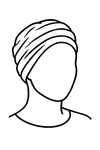
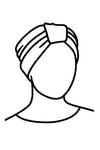

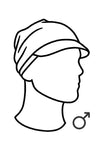
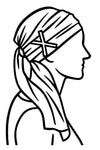


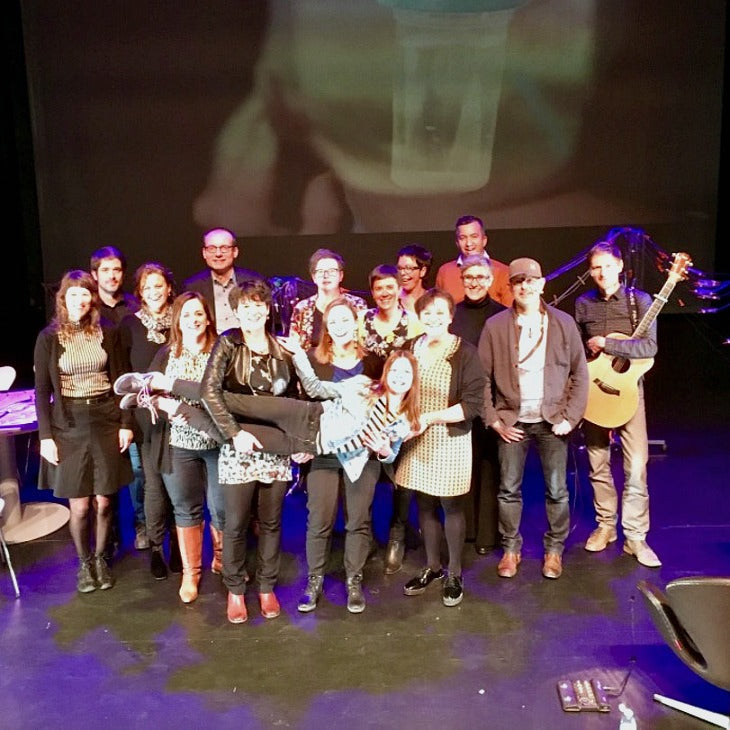
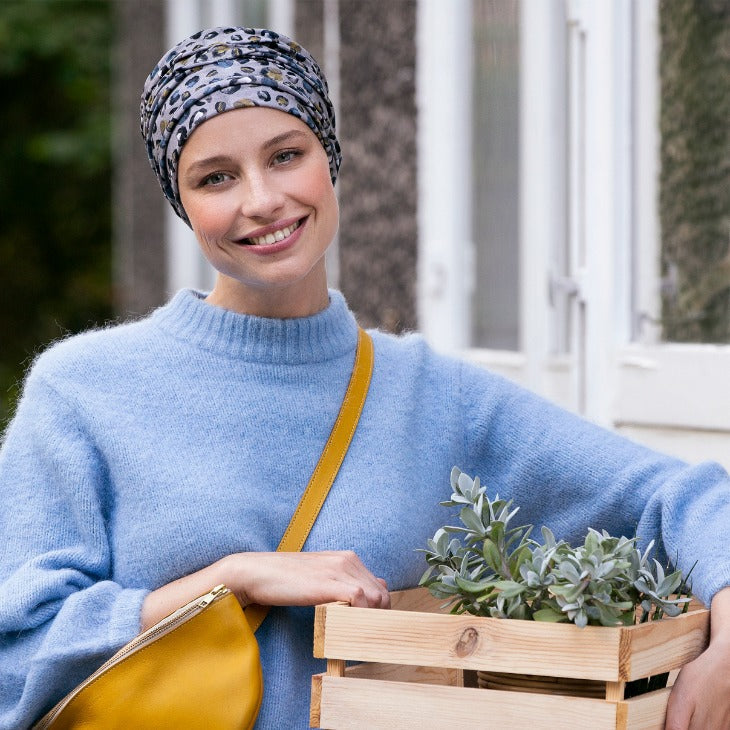
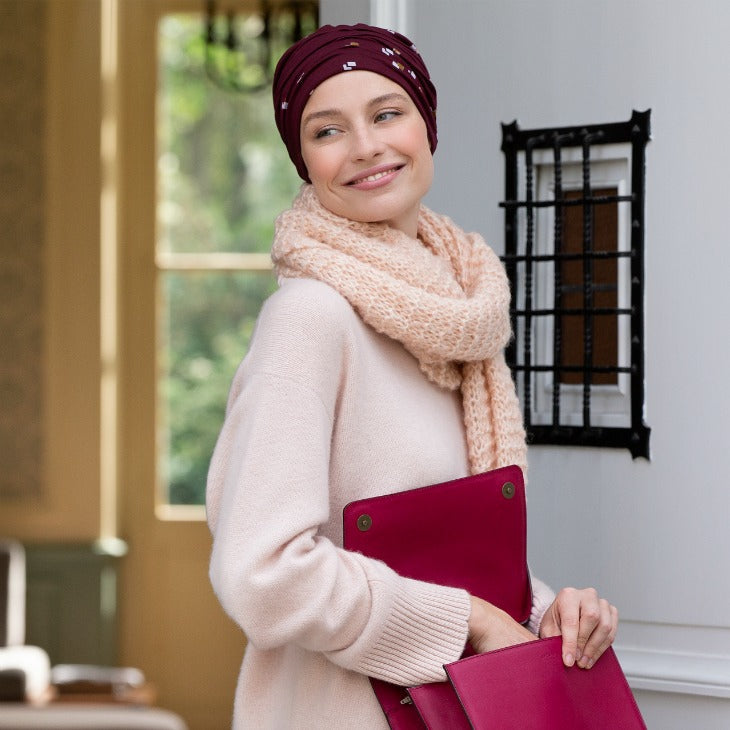
Leave a comment
All comments are moderated before being published.
This site is protected by hCaptcha and the hCaptcha Privacy Policy and Terms of Service apply.